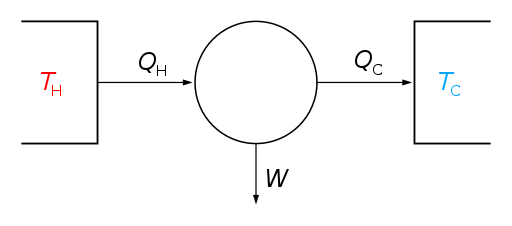A path function is defined as a quantity whose value depends on the transition of a system from an initial state to a final state. In other words, path functions take into account the path that is taken to get from point A to point B. The two most common path functions are heat and work.
What is Work?
Work is a path function because it quantifies the amount of energy that is required to move an object from one place to another. The SI unit for work is the joule (J). One joule of work is done when an object is moved one meter while experiencing a force of one newton.
What is Heat?
Heat is also a path function. Heat quantifies the amount of thermal energy that is required to raise the temperature of an object by one degree Celsius. The SI unit for heat is also the joule (J).

How Do Path Functions Differ from State Functions?
It’s important not to confuse path functions with state functions. State functions are properties or quantities that do not depend on the transition of a system from the initial state to the final state. An example of a state function is temperature. The temperature of an object does not depend on how that object was heated or cooled, but only on its current state. Another example of a state function is pressure. The pressure of a gas does not depend on how that gas was compressed or rarefied, but only on its current state.
Path Functions: Conclusion
Path functions are important because they quantify how much energy is required to move an object from one place to another or how much thermal energy is required to raise the temperature of an object by one degree Celsius. Work and heat are two examples of path functions. It’s important not to confuse path functions with state functions, which are properties or quantities that do not depend on the transition of a system from the initial state to the final state. An example of a state function would be temperature or pressure.